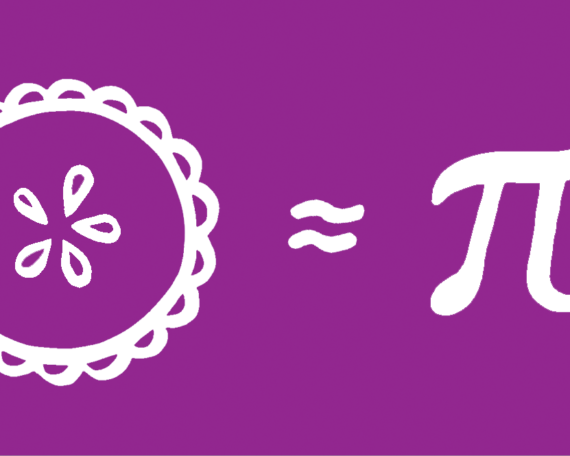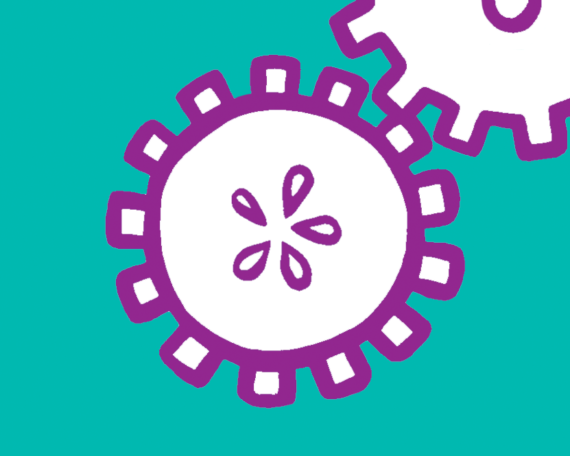The People’s Library
“Nazis destroyed books to ‘purify’ German culture. Bigots do it in the name of God, or Allah. What’s Bloomberg’s excuse? ‘Hygiene’?” – Salman Rushdie, via his Twitter account, 16 Nov. 2011 “If corporations are people, tents are definitely speech.” – Ben Chappell, prof. of American Studies, University of Kansas (via Eric Michael Johnson [@ericmjohnson on Twitter],


